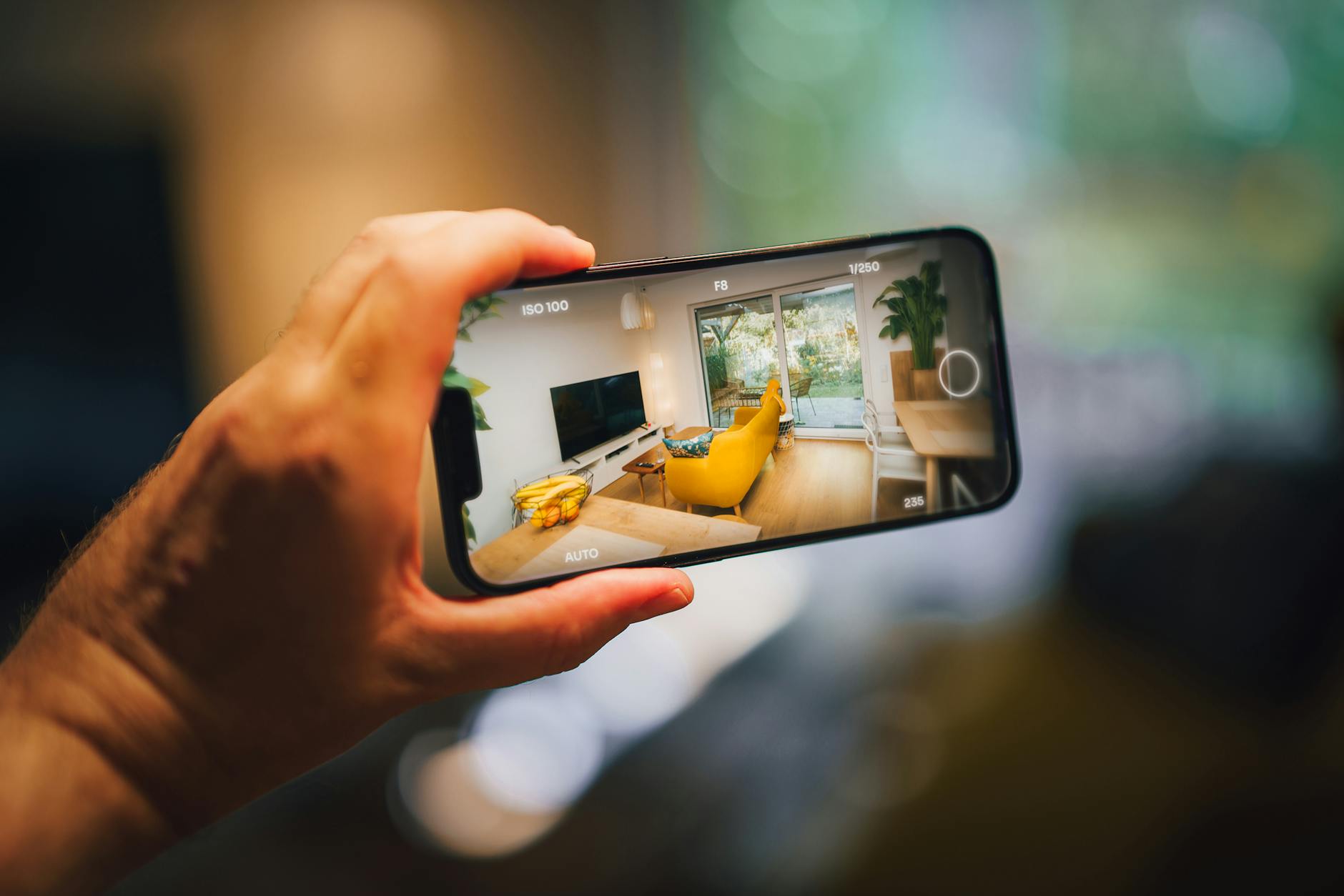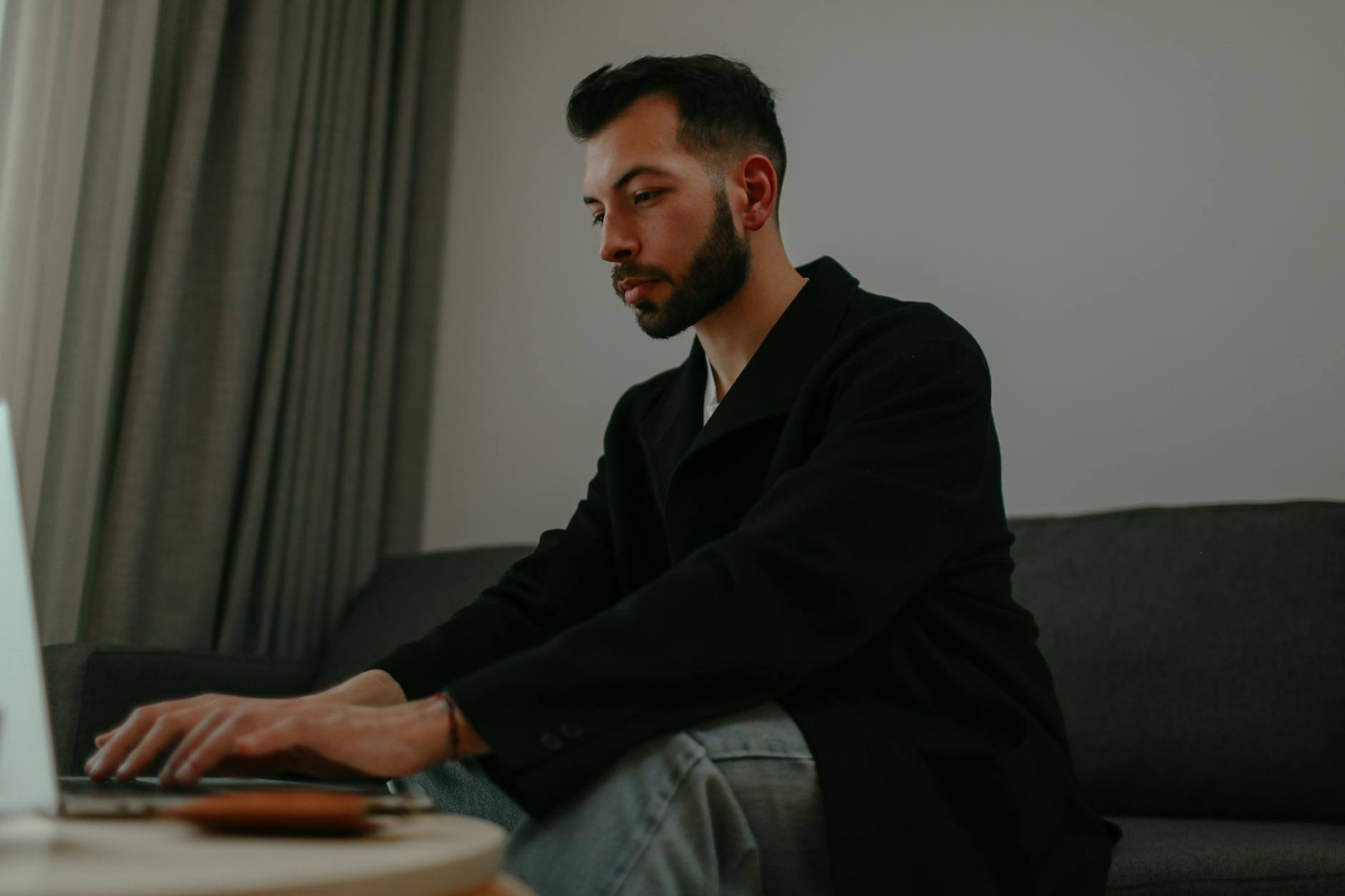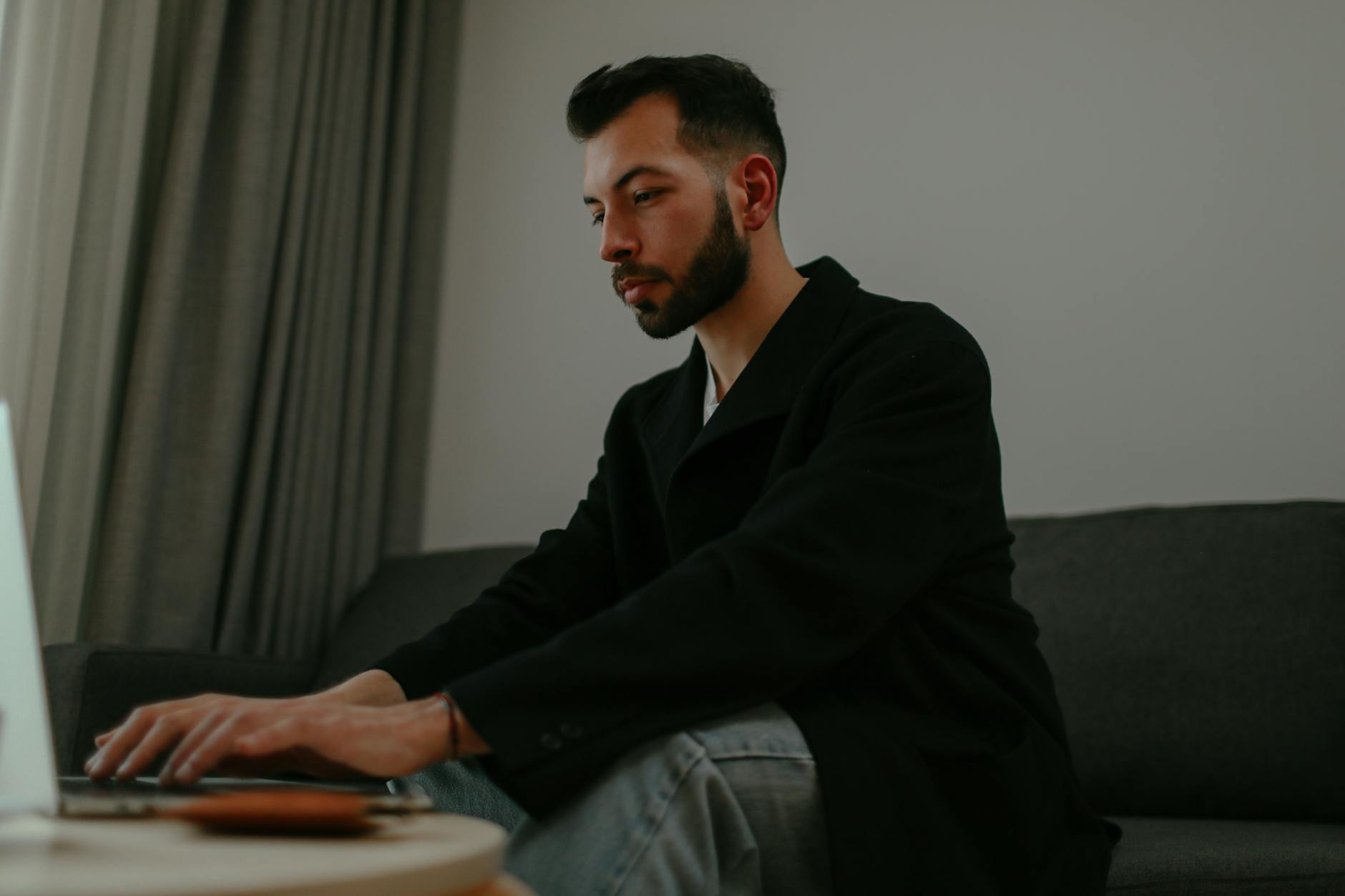The Roundtable: The AI Revolution is Here. Are We Ready?

Editor's Note: Welcome to our monthly roundtable discussion. Each month, our five student editors will come together to debate a major issue shaping our world. This transcript has been lightly edited for length and clarity.
Yehee Jung: Over the past month, we've seen the release of a new wave of generative AI models, like OpenAI's GPT-4o and Google's updated Gemini, that are almost frighteningly capable. They can see, hear, speak, and reason in ways that feel closer than ever to human intelligence. It feels like we've moved from a theoretical conversation about the future of AI to a very practical one about its present. I want to start by asking: what is the single biggest opportunity, and the single biggest threat, that you see from this technology?
Anthony Min: The biggest opportunity is a massive, society-wide productivity boom. From a business perspective, this technology is a force multiplier. It can automate routine tasks, help engineers write better code, and accelerate the pace of scientific discovery. The potential economic upside is measured in the trillions of dollars. The biggest threat? Widespread white-collar job displacement. Many of the tasks that these models can now do—summarizing documents, writing marketing copy, analyzing data—are the very things that a large portion of the modern workforce is paid to do. We are not prepared for the scale of that economic disruption.
Saerom Kim: I'm more focused on the creative and cultural side. The opportunity is incredible. These tools can be amazing creative partners, helping artists, musicians, and writers to generate new ideas and bring their visions to life. The threat, I think, is a crisis of authenticity. If a huge portion of our culture—our art, our music, our online content—is generated or co-generated by AI, do we start to lose a sense of what is real and what is synthetic? It could lead to a very strange and sterile cultural landscape.
Yonghyuk Choi: In the sports world, we're already seeing both sides of this. The opportunity is in data analysis. AI can process a volume of player and game data that no human could, finding hidden patterns that can give a team a real competitive edge. It's revolutionizing scouting and strategy. The threat is in sports media and journalism. AI can now write a perfectly competent game summary or a fantasy sports report. For the journalists who make their living doing that kind of work, that is a direct existential threat. It forces us to ask what the human value-add is in a world of AI-generated content.
Yehee Jung: My world of medicine and biology is where the stakes are highest. The opportunity is almost beyond imagination. AI is already accelerating drug discovery by predicting how proteins will fold. It can analyze medical scans to detect diseases like cancer earlier and more accurately than a human radiologist. It has the potential to save millions of lives. The threat is the "black box" problem. These models can often arrive at a correct diagnosis, but they can't always explain how they did it. For a doctor to trust an AI's recommendation in a life-or-death situation, we need not just accuracy, but explainability. That's a huge technical and ethical hurdle we still need to overcome.
Minwoo Jung: I'm going to take the geopolitical view. The biggest opportunity is that the nation that leads in AI will have a decisive economic and military advantage for the next century. The technology is that transformative. The biggest threat, of course, is the same thing. This isn't just a competition between companies; it is a high-stakes arms race between the United States and China. The development of autonomous weapons systems, AI-powered cyberattacks, and AI-driven propaganda campaigns is the terrifying new frontier of modern warfare. We are in a race to build a technology that we do not fully understand and cannot fully control.
Final Thoughts
Yonghyuk Choi: AI will change how we analyze the game, but it can never replicate the human drama of the game itself.
Anthony Min: This is the most powerful productivity tool ever invented, but it's also the most powerful tool for job displacement we've ever seen.
Saerom Kim: AI can be an incredible tool for creativity, but I worry it could lead to a future where our culture feels less human.
Yehee Jung: The potential for AI to accelerate scientific discovery is immense, but the ethical guardrails are not being built nearly fast enough.
Minwoo Jung: The race for AI supremacy is the central drama of the 21st-century great power competition, with the future of global stability at stake.
What do you think? Is the rapid advance of AI a cause for optimism or alarm? Let us know your thoughts in the comments below.



